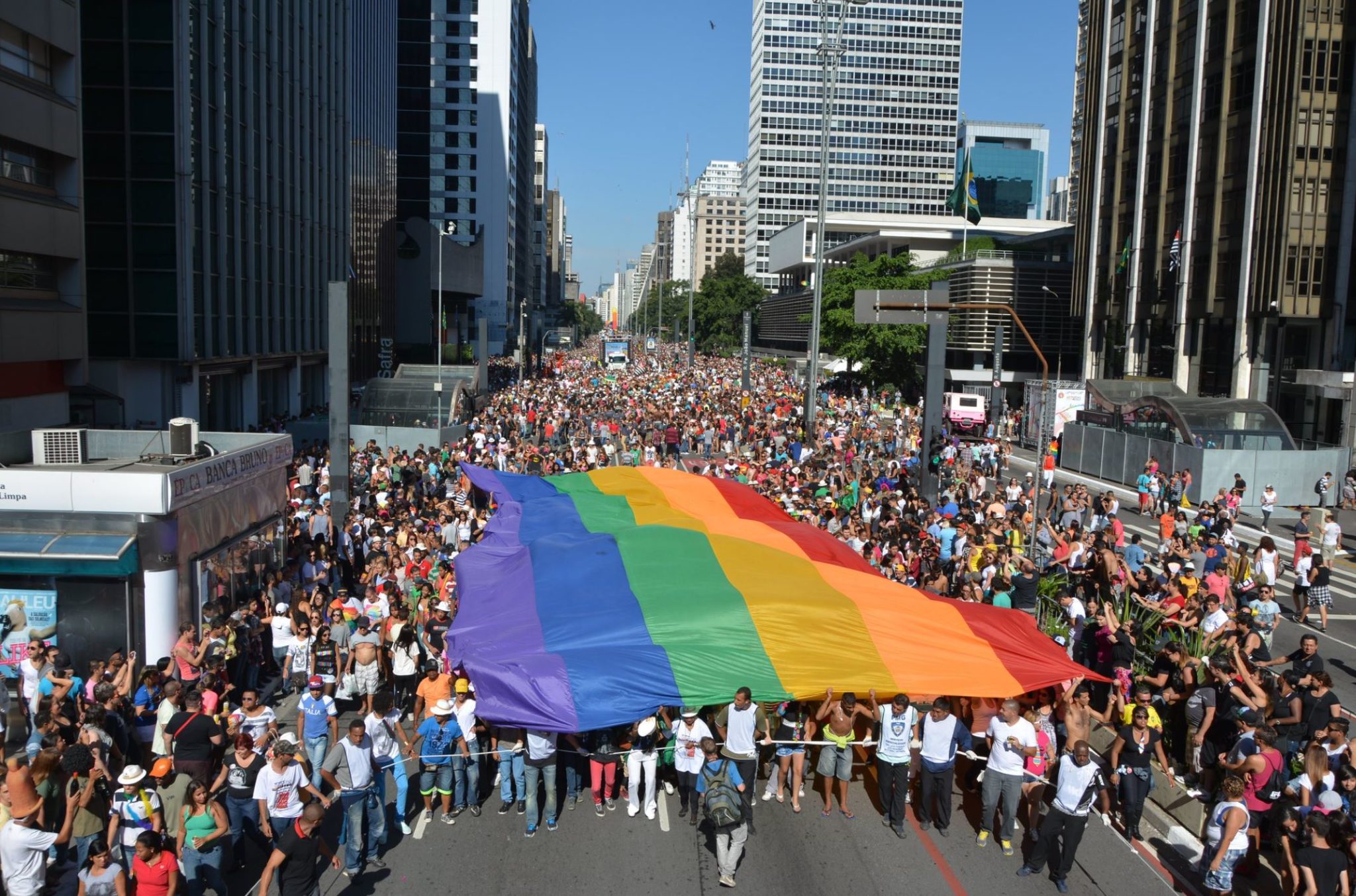


A joint initiative between the University of Bergen
and CMI – Chr. Michelsen Institute
Paths for Recognising LGBT Rights in Latin America: the Cases of Brazil, Colombia and Costa Rica
Bruce Wilson (University of Central Florida), Ana Côrtes (LawTransform, CMI) and Lívia Buzolin (São Paulo Law School).

This event proposes a discussion on the paths towards LGBT rights in Latin America, contrasting Brazil’s case with development in Colombia and Costa Rica.
In Brazil, rights for LGBT people have mainly been recognised through decisions from the Federal Supreme Court. In a conservative political context, Congress remained inactive while the Court has recognised civil unions for same-sex couples; the right for transgender persons to change their names and gender marks on birth certificates; the possibility for men who have sex with men to donate blood; and even the criminalisation of LGBTphobia.
In Colombia, the Constitutional Court has gone further. Besides recognising rights for LGBT persons, the Court has pushed for enabling legislation by setting conditions, deadlines and sanctions in the decisions. Costa Rica’s Constitutional Court, the Sala IV, on the other hand, usually adopts a deferential stance on what it considers “political issues”. Still, following an advisory opinion from the Inter-American Court of Human Rights, the Sala IV decided that the laws prohibiting same-sex marriage were unconstitutional, and ordered the Legislative Assembly to reform the law within a set deadline. When the Assembly failed to do so, the laws were automatically declared abolished in May 2020.
In this webinar
Bruce Wilson (University of Central Florida, CMI),
Ana Côrtes (LawTransform; University of Coimbra) and
Lívia Buzolin (FGV Direito SP) will discuss some factors that influence these process such as the international context, the profile of politicians, and opportunities for civil society mobilisation.
Bruce Wilson
is a Senior Researcher at CMI and a Professor at the University of Central Florida. He is a political scientist focusing on judicial politics and the political economy of Latin America. Wilson holds a PhD from Washington University in St. Louis and is Professor of Political Science at the University of Central Florida. He was part of the ” Sexual and Reproductive Rights Lawfare: Global battles over sexual and reproductive rights, driving forces and impacts (FRIPRO)” project funded by the Norwegian Research Council. His research on Latin American politics (political economy and judicial politics) has appeared in numerous peer-reviewed journals including Comparative Political Studies, the Journal of Latin American Studies, Comparative Politics, Electoral Studies, and the International Journal of Constitutional Law. For six years he was the editor of The Latin Americanist, an international, multi-disciplinary, peer-reviewed Latin American studies journal.
Ana Côrtes
is a researcher at CMI-UiB Centre on Law and Social Transformation (LawTransform), a PhD candidate in Public Law at the University of Coimbra and studies the recognition of rights for LGBT persons in countries with a civil law legal system. She holds a master’s degree in Law and Development from the Getulio Vargas Foundation (2018) and a bachelor’s degree in Law from the University of São Paulo (2015).
Lívia Buzolin is a Ph.D. candidate and a Master of Law and Development at the São Paulo Law School of Fundação Getulio Vargas (FGV Direito SP). She holds a bachelor’s degree in Law from Universidade Presbiteriana Mackenzie (2013) and a bachelor’s degree in Social Communication from Universidade Estadual Paulista (UNESP) (2008). Further, Buzolin is the author of the book: “Direito Homoafetivo” about LGBT rights in Brazil.
Photo credits: Ben Tavener on
Flickr

